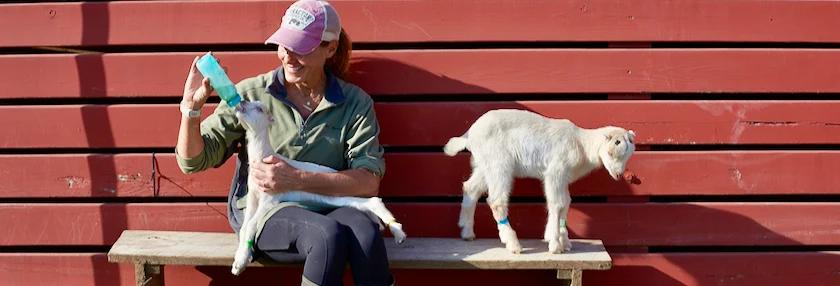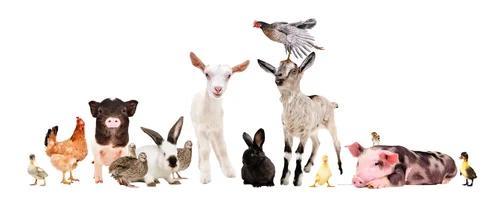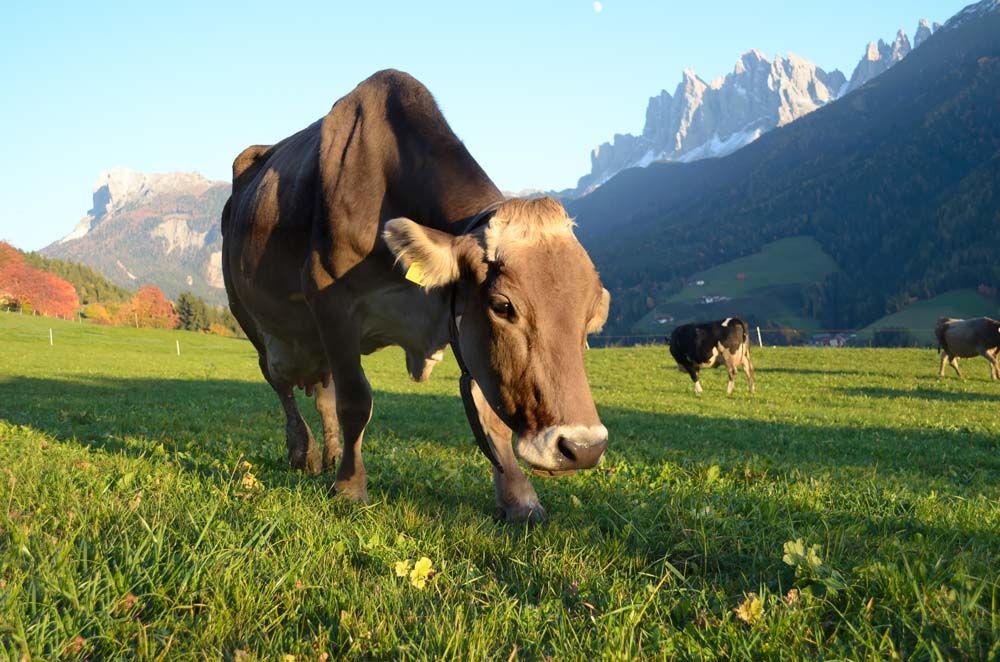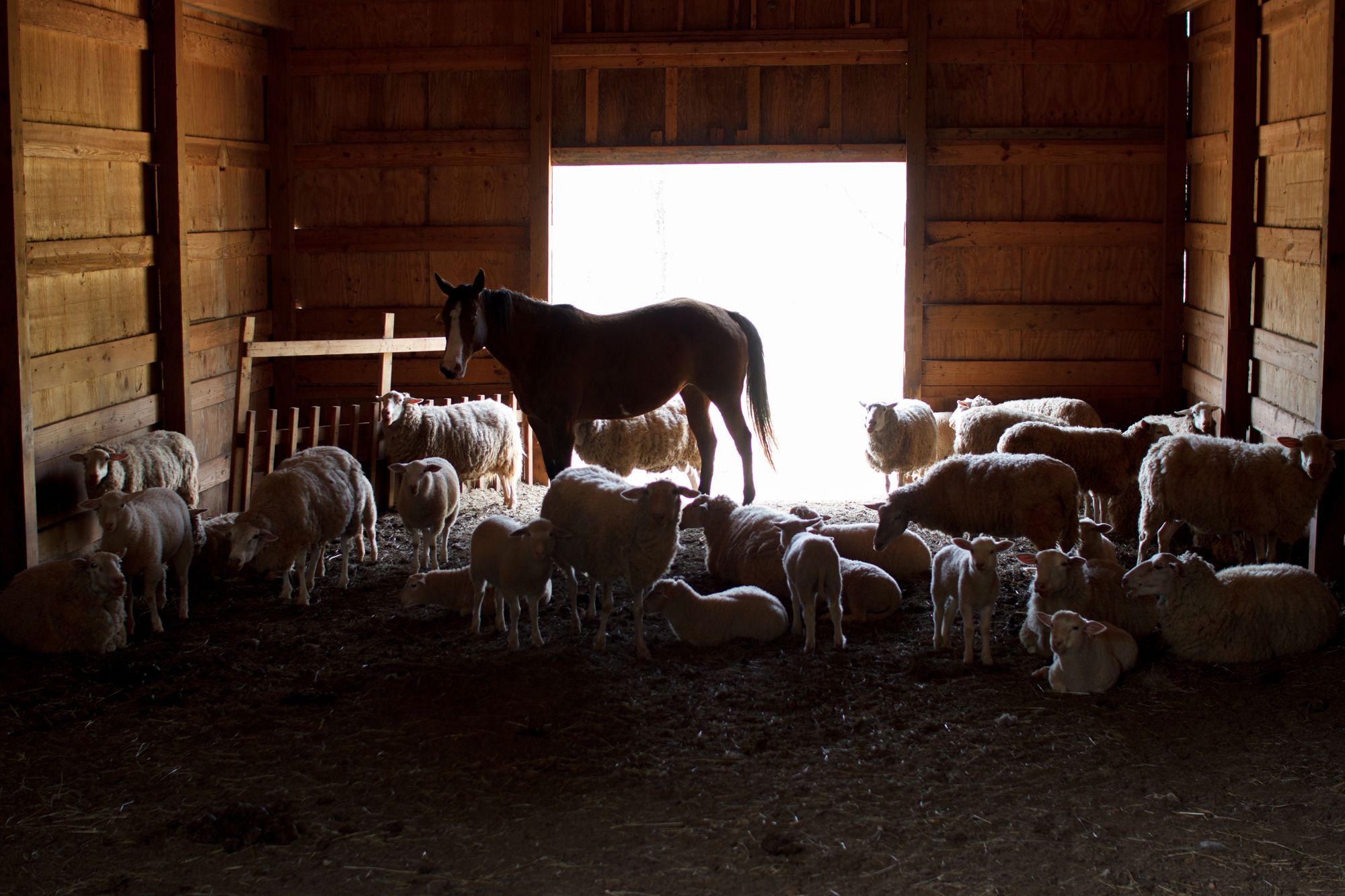Growing Your Hobby Farm
Quick guide to adding new animals to your backyard farm


By Patrick Biggs, Ph.D., Purina backyard nutritionist
Backyard chickens are often the gateway animal to the hobby farm of your dreams—you start with a few cute baby chicks and before you know it, your backyard will look like Old McDonald’s farm!
Here are thoughts to consider when choosing new additions.
Poultry
If you’re already a chicken enthusiast, adding different poultry species may be for you! Turkeys produce great-tasting eggs and meat. They require a spacious outdoor area with predator-proof fencing. Ducks and geese help control insects and weeds while providing you with delicious eggs. They are happiest in a grassy area, and not required, but enjoy a swimming pond or pool.
Game birds like peacocks, quail, and pheasants can be a fun, unique addition to your hobby farm. They can provide fresh eggs, meat, colorful feathers and companionship. Game birds do best when provided with a spacious coop and plenty of room in an enclosed outdoor space.
Goats
Goats are curious, playful and social animals—and you can’t have only one! The biggest challenge is building a pen they can’t escape. Chain link fence, woven wire or hog panels set at ground level can work nicely.
It's also a common misconception that goats will eat anything, but quality nutrition is vital. Each day, goats need to eat 3% of their body weight in forage, such as hay or grass, and will require high-fiber, low-energy goat feed and free-choice loose mineral.
Pigs
Raising pigs can be an excellent family project. They’re remarkably smart and personable and provide companionship or delicious pork. One warning: they create a lot of manure. Plan to compost their waste, including manure, bedding and feed, or find a commercial composter to take it.

Rabbits
Backyard rabbits don’t require much time, space ,or money to raise but serve many purposes. They’re great for pets, 4-H projects, wool, or meat. A bonus benefit: rabbit manure, the garden gold of fertilizer! Rabbit droppings don’t require composting, break down slowly over time and help improve soil stability.
Ready to start your dream backyard farm or hobby farm? Visit purinamills.com/education to learn more.
Tags:Country Critters

Acreage Life is part of the Catalyst Communications Network publication family.
















